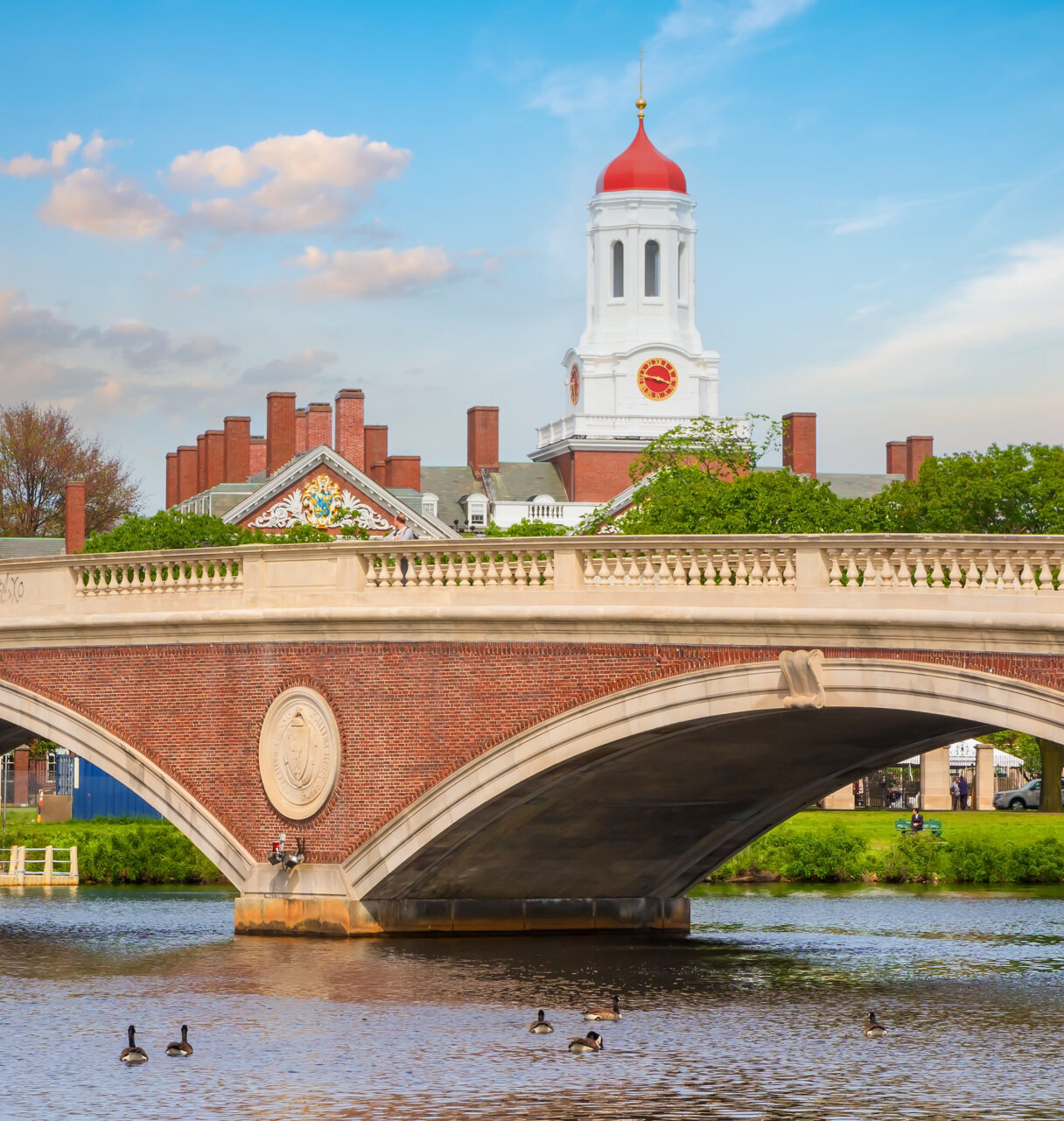Spring 2025
HLS 3114
Instructors
Schedule
January 27 - April 30
Thursday and Friday, 10:30 AM - 12:00 PM
Environmental Justice
Description
Environmental justice has taken center stage as a social, political, and legal issue in recent years, and one cannot fully understand environmental law and policy, or the contemporary environmental movement, without a meaningful appreciation of the history, goals, and principles of environmental justice. Emerging at the intersection of environment and civil rights, the environmental justice movement is a response to the lived experience of people of color, and an indictment of the many ways that race determines environmental burdens and affects people’s access to environmental decision-making.
Department
Law School
School
Harvard Law School
Course Level
Graduate
Undergraduate
Interest Area
Law & Policy
Credits
3
Cross Registration
Available







